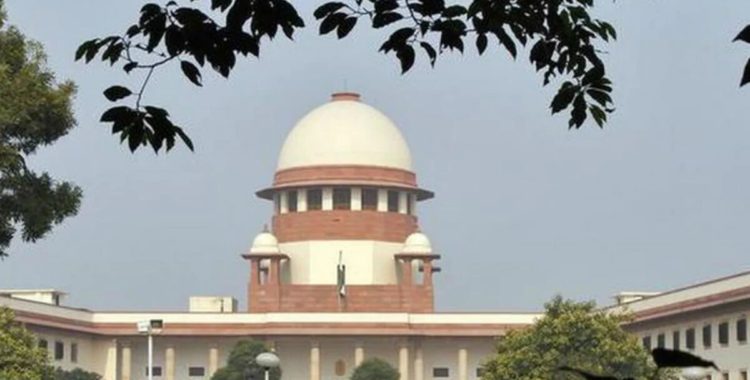Daughters Have Right to HUF Property Even if Their Father Died Before 2005 Law Came Into Force, Rules SC
This clarification is important since it sets aside a clutch of previous decisions that said a daughter would have the coparcenary right only if both father and daughter were alive as on September 9, 2005 when the amendment was notified.
In a landmark judgment, the Supreme Court on Tuesday ruled in favour of rights of daughters to have a share in a Hindu Undivided Family (HUF) property.
Settling the disputed question of law, a three-judge bench headed by Justice Arun Mishra held that daughters will have a right in the parental property in accordance with the 2005 amendment in the Hindu Succession Act.
The court held that daughters’ rights are absolute after the amendment and that she would have the right of inheritance irrespective of whether the father was alive at the time of the amendment or not.
This clarification is important since it sets aside a clutch of previous decisions by the top court that she would have the coparcenary right only if both the father and the daughter were alive as on September 9, 2005 when the amendment was notified.
The bench cited the objective of the amendment to say that daughters were to be given a right in the HUF as a coparcenary, equal to a son, and that such conditions go against the spirit of the amendment carried out.
It held that a daughter, living or dead, as on the date of the amendment, shall be entitled to a share in her father’s property. It means that even if the daughter was not alive on the date of the amendment, her children could claim their rightful portion.
The court recognised that just like sons, the amendment also extended the status of the coparcener to a daughter, allowing her to enjoy the same rights as a son.
This judgment has now settled the ambiguity around the nature and extent of a daughter’s rights to an HUF property. The bench asked the courts concerned, where several matters remained pending for want of an authoritative ruling by the Supreme Court, to take up and dispose them of within six months.
Reference Link: https://www.news18.com/news/india/daughters-right-to-huf-property-father-hindu-succession-act-2005-supreme-court-2776169.html



